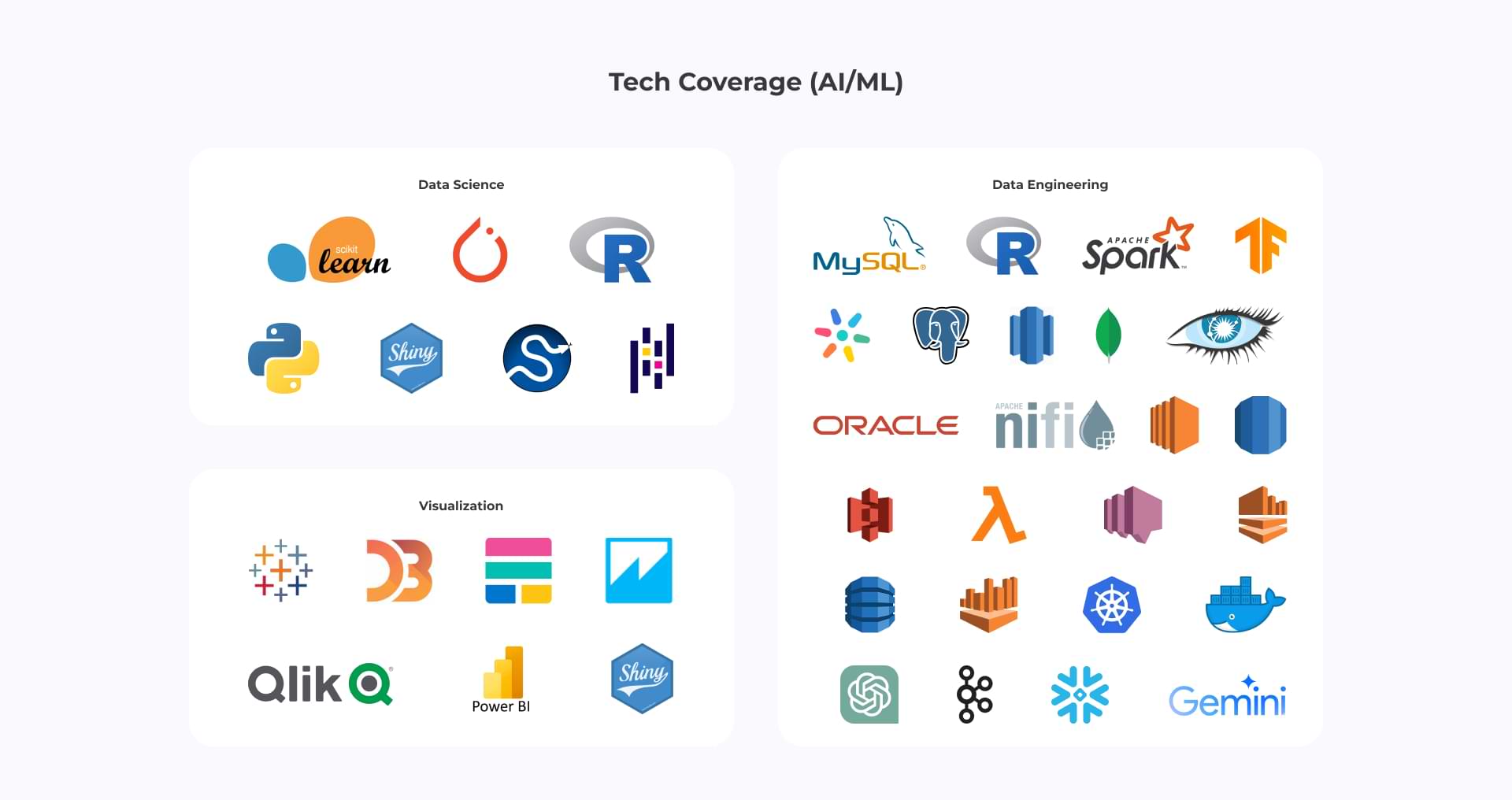Mastering the Response: A Guide to Winning Request for Quotation (RFQ) Projects
Request for Quotation (RFQ) emails are a constant presence in any competitive business landscape. They present exciting opportunities to showcase your expertise and secure valuable projects. But with tight deadlines and a constant influx of inquiries, how do you ensure your response stands out and lands the contract? This guide equips you with the knowledge and strategies to craft winning replies to RFQs (RFQ responses) and navigate the entire process efficiently, including leveraging automation to streamline your workflow.
Let’s connect
Book a meeting
Understanding the Buyer’s Needs: Demystifying the RFQ
The first step to crafting a compelling response is thoroughly comprehending the buyer’s requirements. Here’s how to approach a new RFQ:
- Decipher Their Needs: Carefully dissect the RFQ document, paying close attention to the specific goods or services requested. Note the product/service descriptions, quantities, delivery timelines, and any technical specifications.
- Evaluation Criteria: Identify the buyer’s evaluation criteria. This could encompass factors like pricing, experience, quality standards, and proposed solutions. Understanding these criteria is crucial for tailoring your response to their priorities.
- Deadlines and Submission: Don’t overlook deadlines and submission instructions. Ensure you understand the preferred format for responses and submit your proposal well before the closing date.
Crafting a Winning Response: Highlighting Your Strengths (Reply to Quotation Request)
Once you’ve grasped the buyer’s needs, it’s time to craft a response that positions your company as the ideal solution (reply to quotation request). Consider these key elements:
- Respond Promptly: Demonstrating a proactive approach by responding swiftly shows your interest and efficiency. Aim to acknowledge the RFQ within a reasonable timeframe, even if it’s just to confirm receipt and provide an estimated timeline for your full response.
- Address All Requirements: Methodically address every requirement outlined in the RFQ. This demonstrates your attentiveness to detail and ensures the buyer has a complete picture of your capabilities.
- Highlight Your Expertise: Showcase your company’s experience and qualifications relevant to the project. Use specific examples of past projects where you successfully delivered similar solutions.
- Competitive Pricing: Develop a competitive pricing strategy that considers your value proposition and aligns with the buyer’s budget. Be transparent about your pricing structure and avoid undercutting yourself significantly.
- Proposal Presentation: Craft a well-organized and visually appealing proposal. Utilize clear language, concise explanations, and compelling visuals to effectively communicate your proposal’s strengths.
Distinctive Excellence: Mastering the Art of Differentiation
A competitive RFQ landscape requires going beyond simply meeting the basic requirements. Here’s how to make your response truly stand out:
- Value Beyond Price: While price is important, emphasize the value your company brings beyond just cost. Highlight factors like superior quality, exceptional customer service, or innovative solutions that set you apart.
- Tailored Solutions: Don’t submit generic responses. Invest the effort to customize your proposal to address the buyer’s specific needs. Demonstrate how your approach directly addresses their unique challenges.
- Call to Action: Wrap up your response with a definitive call to action. Invite the buyer to schedule a meeting to discuss your proposal further or inquire about any clarifications they may have.
The Automation Advantage: Efficiency and Cost Savings
Beyond crafting exceptional proposals, automation offers a significant edge in handling a high volume of RFQs. Here’s how automation streamlines your workflow and saves on resources:
- Reduced Manual Work: Automating repetitive tasks like initial response templates, data extraction, and formatting frees up your team’s valuable time for higher-level strategic activities.
- Faster Response Times: Automation ensures prompt responses to RFQs, keeping you ahead of the competition and demonstrating your responsiveness to potential clients.
- Improved Accuracy: Extracting data and populating proposals through automation minimizes human error and ensures consistent information across all responses.
- Reduced Costs: By streamlining the RFQ response process and minimizing manual work, automation translates to significant cost savings on human resources.
Conclusion
In conclusion, by implementing a combination of strategic response crafting and automation, you can transform your RFQ response process into a well-oiled machine, securing more projects, and propelling your business forward.
Global success stories
Here are some related content that highlight our capability in delivering AI solutions that save costs as well as boost productivity.
Manufacturing 4.0:



